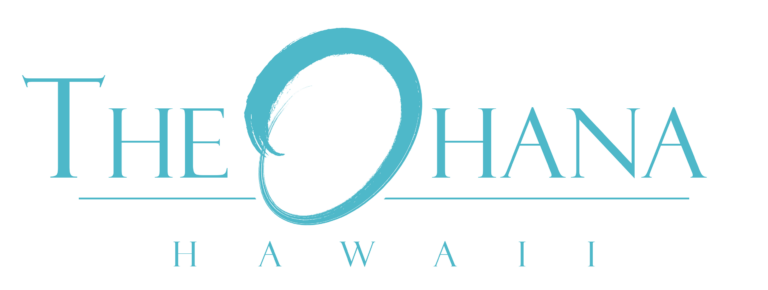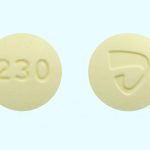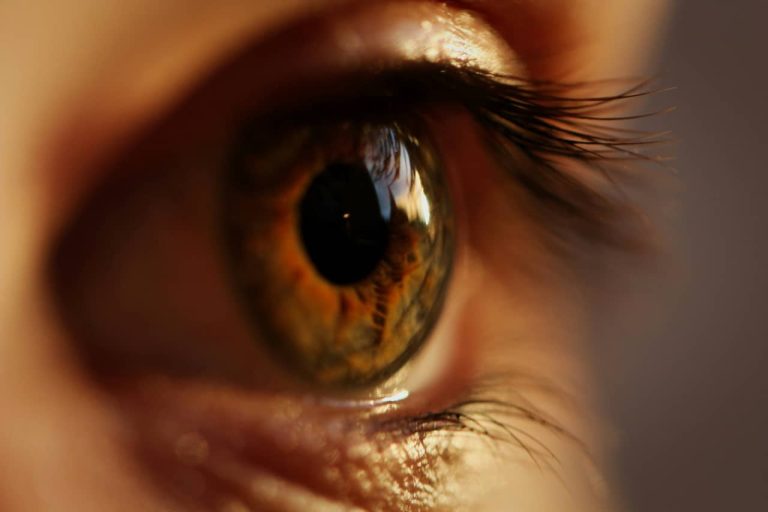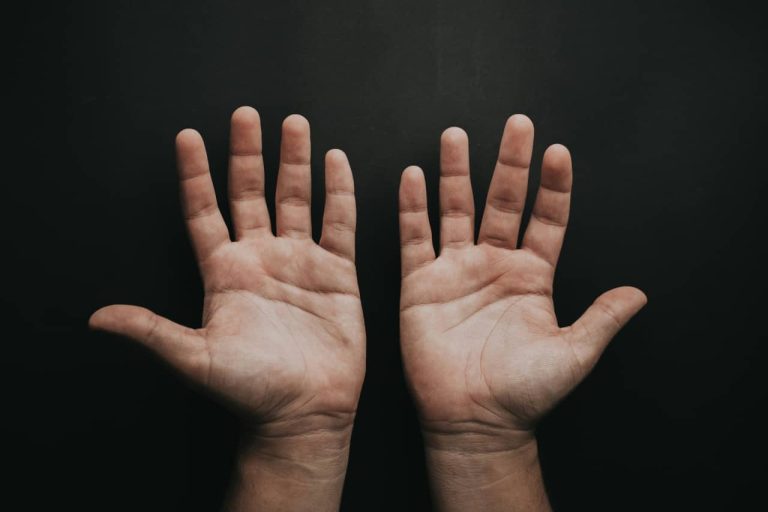Addiction recovery is rarely a straight path. For many individuals, especially those with co-occurring mental health conditions or a history of trauma, the journey is complicated by repeated setbacks. One of the most challenging patterns in addiction recovery is chronic relapse—a cycle of repeated sobriety and relapse that can feel demoralizing and endless.
At The Ohana, we understand how frustrating it can be to watch yourself—or someone you love—commit to recovery, only to fall back into old patterns. But chronic relapse doesn’t mean recovery is impossible. In fact, understanding this pattern is the first step in breaking it. With the right combination of long-term care, trauma-informed therapy, and holistic support, it’s possible to stop the cycle and move toward lasting sobriety.
In this blog, we’ll explore the definition and progression of chronic relapse, the emotional and psychological drivers behind it, and how specialized treatment centers like The Ohana addiction treatment in Hawaii offer unique tools for healing. Whether you’re a person in recovery or a loved one trying to help, this guide will help you understand what chronic relapse really is—and how to overcome it for good.
Defining Chronic Relapse
What Is Chronic Relapse?
Chronic relapse refers to a recurring pattern of returning to substance use after periods of sobriety or treatment. It typically involves multiple attempts at recovery, with each followed by a relapse, and often occurs despite an individual’s strong desire to stop using. This cycle can be exhausting and disheartening, both for the individual and their loved ones.
Why Drug or Alcohol Addiction Is Called a Chronic Relapsing Illness
Addiction is classified as a chronic relapsing illness because it involves changes to brain chemistry, decision-making, and behavior that can persist long after drug or alcohol use has stopped. Similar to other chronic conditions such as diabetes or hypertension, addiction requires ongoing management. The National Institute on Drug Abuse highlights that relapse rates for addiction are comparable to those of other chronic illnesses, emphasizing the need for long-term, supportive care.
The Stages of Chronic Relapse
Understanding the stages of relapse can help individuals and providers recognize warning signs early and intervene before a full return to substance use occurs.
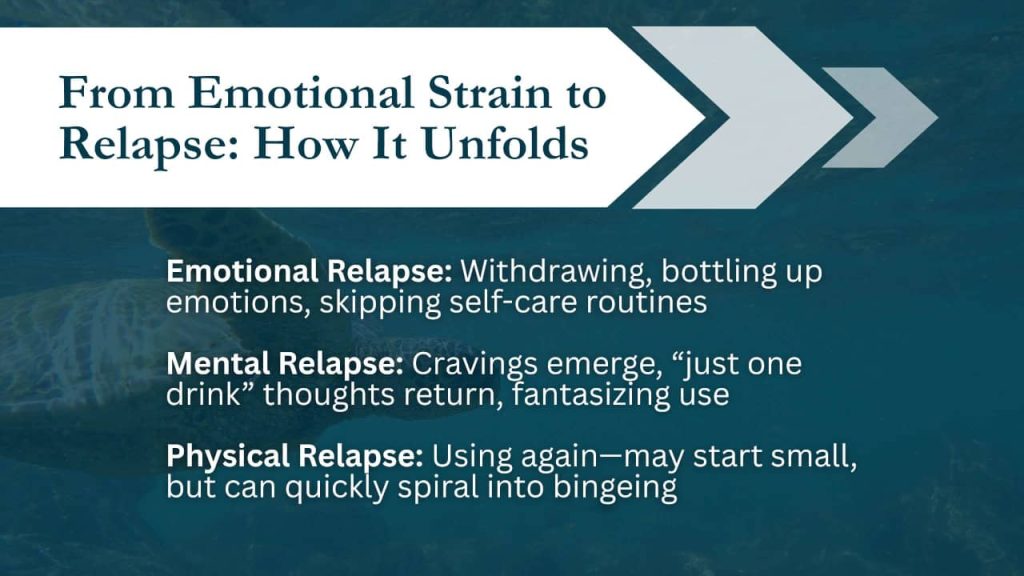
Emotional Relapse: Isolation, Emotional Suppression, Disengagement
In the emotional stage of relapse, the individual is not consciously thinking about using. Instead, emotional warning signs emerge: isolating from others, bottling up feelings, and neglecting self-care. Individuals may stop attending support groups, withdraw from loved ones, or lose interest in recovery-focused activities.
Mental Relapse: Cravings, Rationalization, Planning Relapse
During this stage, internal conflict arises. Part of the individual wants to remain sober, but another part is beginning to romanticize or plan future substance use. Signs include cravings, justifying occasional use, minimizing past consequences, or fantasizing about drinking or using in secret.
Physical Relapse: Returning to Use, Often Hidden, May Lead to Bingeing
Physical relapse is the act of using drugs or alcohol again. For chronic relapsers, this may happen quickly and intensely, sometimes escalating to binge use. Because of lowered tolerance, relapse can lead to overdose or other severe consequences.
Identifying the Chronic Relapser
What Causes Chronic Relapse?
There is no single cause of chronic relapse—it’s often the result of several overlapping factors:
Unresolved trauma: Trauma—especially from childhood or major life events—can leave deep emotional wounds that resurface in sobriety. Without trauma-specific care, individuals may return to substances as a means to numb painful memories or flashbacks.
Untreated mental health conditions like depression or anxiety: Many individuals who struggle with chronic relapse also face co-occurring disorders such as depression, anxiety, PTSD, or bipolar disorder. When these conditions go undiagnosed or untreated, the emotional instability they cause can lead to substance use as a form of self-medication.
Poor coping strategies: Some people in recovery lack healthy ways to manage stress, conflict, boredom, or emotional discomfort. When challenges arise, they may fall back on the only coping tool they’ve known—drinking or using drugs—even if they consciously want to stay sober.
Environmental triggers: Returning to environments associated with past substance use—whether that’s a specific neighborhood, friend group, or even a job—can quickly reignite cravings. These surroundings often come with emotional cues or social pressures that weaken a person’s ability to resist relapse.
Lack of community or family support: Recovery thrives in connection, and when people feel isolated, unsupported, or misunderstood by their loved ones, the likelihood of relapse increases. Without encouragement, accountability, or a sense of belonging, it becomes easier to give up on sobriety and return to old patterns.
For many, these root causes are not fully addressed in short-term treatment programs, making relapse more likely.
Signs and Patterns of a Chronic Relapser
Chronic relapsers may show predictable patterns:
- Multiple previous rehab attempts
- Excelling in structured environments but struggling post-discharge
- Difficulty implementing coping skills outside of treatment
- Repeated promises to quit followed by secretive use
- Hopelessness or shame following each relapse
Recognizing these patterns helps loved ones and clinicians offer support without judgment.
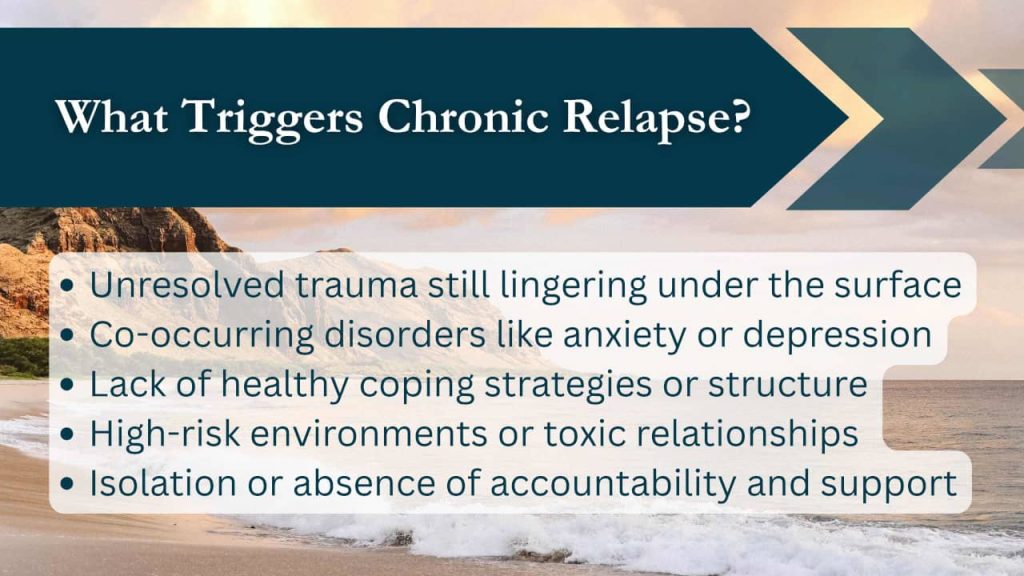
Chronic Relapse Treatment
Extended, Phase-Based Care
Standard 30-day rehab programs are often not enough for individuals who experience chronic relapse. The Ohana Hawaii offers extended, phase-based care that gives clients time to heal at a pace that supports long-term stability. This structure includes multiple stages—from intensive residential treatment to supportive outpatient care and sober living options—each building upon the last.
Phase-based care allows clients to integrate new coping strategies gradually, rebuild routines, and prepare for the challenges of everyday life with a supportive team behind them.
Trauma-Informed Therapy
For many chronic relapsers, trauma lies at the core of their addiction. Unaddressed trauma can sabotage recovery efforts time and again. At The Ohana, trauma-informed therapy is woven into every aspect of treatment. Therapists are trained to recognize trauma responses and avoid re-traumatization. Therapies may include EMDR, somatic experiencing, and narrative therapy to help clients process their pain and reduce emotional triggers for relapse.
Psychiatric Support and Medication Management
Mental health conditions such as bipolar disorder, PTSD, or generalized anxiety disorder often co-occur with substance use. Dual-diagnosis treatment is essential to prevent relapse. The Ohana’s psychiatric team provides thorough evaluations and ongoing medication management to ensure clients receive the support they need to maintain emotional and neurological balance.
This approach helps clients stabilize mood, reduce intrusive symptoms, and better engage in therapy and peer support.
Adventure Therapy and Nature Immersion
Healing doesn’t only happen in therapy rooms. At The Ohana, the natural beauty of Hawaii becomes a powerful part of recovery. Clients participate in outdoor experiences like hiking, paddleboarding, and surfing as part of their treatment plan. Adventure therapy fosters resilience, confidence, and joy—key ingredients in preventing relapse.
Nature immersion also supports nervous system regulation and mindfulness, offering a holistic path to rebuilding self-trust and emotional regulation.

Daily Accountability, Group Therapy, and Life Skills Coaching
Consistent structure and accountability help chronic relapsers stay on track. Clients at The Ohana participate in daily group therapy sessions, recovery check-ins, and workshops focused on life skills such as budgeting, communication, and time management.
Building a life outside of addiction requires practical tools. Our team works with each individual to create customized relapse prevention plans and routines that foster independence, purpose, and self-awareness.
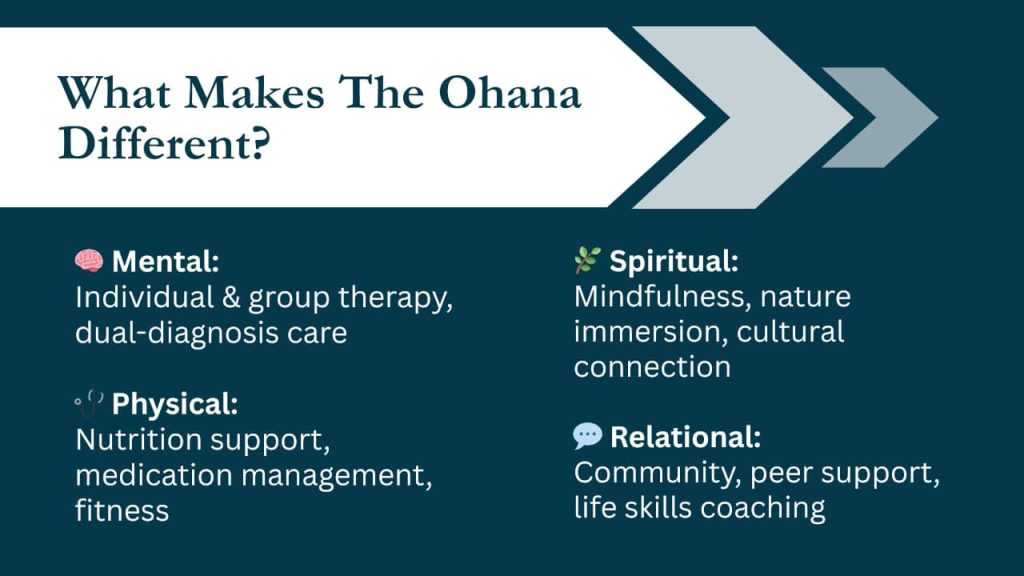
The Role of Specific Substances in Relapse Risk
Certain substances are more likely to contribute to chronic relapse because of how they affect the brain and body.
Alcohol
Alcohol is readily accessible and socially accepted, which makes it especially dangerous for those in recovery. It also has a short half-life, meaning withdrawal symptoms can appear quickly and strongly—creating a high risk for impulsive relapse without proper support.
Benzodiazepines
Drugs like Xanax and Ativan stay in the system longer than alcohol and can cause intense withdrawal symptoms, including seizures and panic attacks. This makes tapering and medically supervised detox crucial. Benzos also create strong psychological dependency, increasing the risk of relapse during periods of stress.
Opioids
Opioids—including heroin and prescription painkillers—produce intense euphoria followed by equally intense cravings. For example, the c230 pill is a prescription combination of acetaminophen and oxycodone hydrochloride that, when misused, can play a significant role in chronic relapse patterns. Even after detox, post-acute withdrawal syndrome (PAWS) can persist for months, including symptoms like fatigue, insomnia, and depression, which can contribute to relapse.
Methamphetamine and Stimulants
Stimulants can cause severe dopamine depletion after use, leading to a crash marked by low mood, lack of motivation, and suicidal thoughts. These emotional lows often drive individuals to use again to avoid psychological discomfort.
Understanding how different substances affect the body can help individuals and providers design more effective, personalized relapse prevention strategies.
Steps Toward Lasting Recovery
Rehab for Chronic Relapsers
Chronic relapse doesn’t mean someone is incapable of recovery—it simply means they need a different approach. The Ohana’s treatment model is designed with this in mind. Longer stays, individualized plans, trauma-informed care, and community integration all come together to support sustainable recovery.
Why Relapse Doesn’t Equal Failure
Relapse is not a moral failing or a sign of weakness. It is a signal that more support or a new strategy is needed. Reframing relapse as part of the learning process empowers individuals to approach treatment with hope, not shame.
At The Ohana, clients are encouraged to view each step—even setbacks—as part of a journey that can ultimately lead to lasting transformation.
Get Help for a Chronic Relapser
If you or a loved one has experienced multiple relapses, know that you are not alone. Chronic relapse is complex, but recovery is possible with the right care, support, and patience.
The Ohana Hawaii offers a welcoming, nonjudgmental environment where healing can truly begin. Our dedicated team is here to guide you through each step of recovery—mind, body, and spirit. Reach out today to learn how we can support you or your loved one in breaking free from the cycle of relapse.



